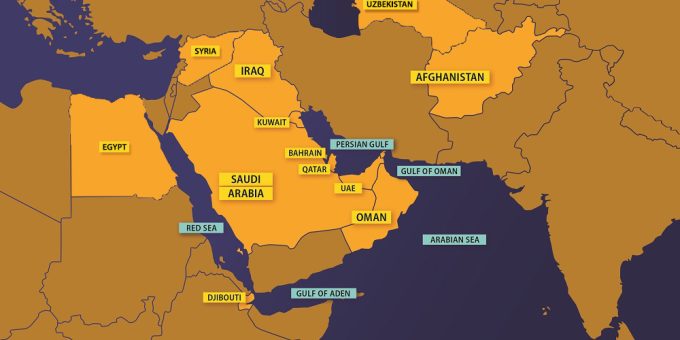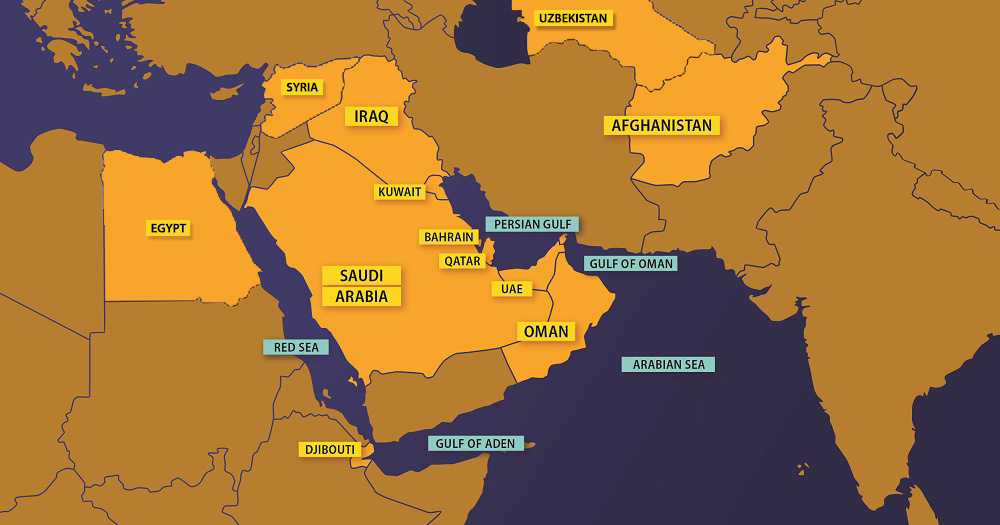
BEDFORD – “Airborne hazard” refers to any sort of contaminant or potentially toxic substance that we are exposed to through the air we breathe. While on active duty, military service members may have been exposed to a variety of airborne hazards including:
- The smoke and fumes from open burn pits
- Sand, dust, and particulate matter
- General air pollution common in certain countries
- Fuel, aircraft exhaust, and other mechanical fumes
- Smoke from oil well fires

Veterans Affairs Officer Brad Bough says the VA understands that many Veterans are especially concerned about exposure to the smoke and fumes generated by open burn pits. Bough and his staff can help veterans with benefits, just contact their office by calling 812-275-6411.

In Iraq, Afghanistan, and other areas of the Southwest Asia theater of military operations, open-air combustion of trash and other waste in burn pits was a common practice. The Department of Defense has now closed out most burn pits and is planning to close the remainder.
If you served on or after Sept. 11, 2021, in the following locations you may have a presumption of exposure.
- Afghanistan
- Djibouti
- Egypt
- Jordan
- Lebanon
- Syria
- Uzbekistan
- Yemen
- the airspace above any of these locations
If you served on or after Aug. 2, 1990, in the following locations you may have a presumption of exposure.
- Bahrain
- Iraq
- Kuwait
- Oman
- Qatar
- Saudi Arabia
- Somalia
- The United Arab Emirates (UAE)
- The airspace above any of these locations.
Depending on a variety of factors, you may experience health effects related to this exposure. Factors that may indicate you have a greater or lesser risk of short or long-term health effects include:
- Types of waste burned
- Proximity, amount of time, and frequency of exposure
- Wind direction and other weather-related factors
- Presence of other airborne or environmental hazards in the area
Researchers, including experts at VA, are actively studying airborne hazards like burn pits and other military environmental exposures. Ongoing research will help us better understand potential long-term health effects and provide you with better care and services.
Many health conditions related to these hazards are temporary and should disappear after the exposure ends. Other longer-term health issues may be caused by a combination of hazardous exposures, injuries, or illnesses you may have experienced during your military service including blast or noise injuries.
These cancers are now presumptive:
- Brain cancer
- Gastrointestinal cancer of any type
- Glioblastoma
- Head cancer of any type
- Kidney cancer
- Lymphatic cancer of any type
- Lymphoma of any type
- Neck cancer of any type
- Pancreatic cancer
- Reproductive cancer of any type
- Respiratory (breathing-related) cancer of any type
- Asthma that was diagnosed after service
- Chronic bronchitis
- Chronic obstructive pulmonary disease (COPD)
- Chronic rhinitis
- Chronic sinusitis
- Constrictive bronchiolitis or obliterative bronchiolitis
- Emphysema
- Granulomatous disease
- Interstitial lung disease (ILD)
- Pleuritis
- Pulmonary fibrosis
- Sarcoidosis



